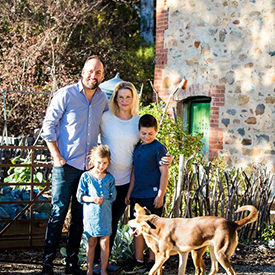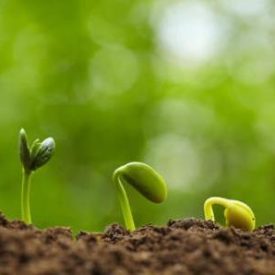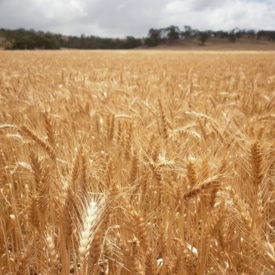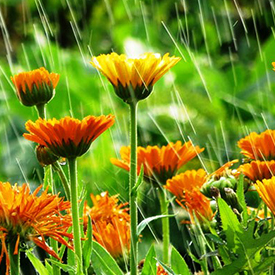Winter care of roses
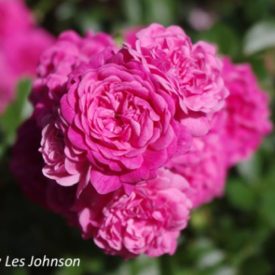
Each season the Rose Society of South Australia releases cultural notes, which are recommendations from the experts on how to care for your roses. Here are the winter cultural notes from Gavin Woods, Past President of the RSSA and the National Rose Society of Australia. Gavin is also Chief Judge with the RSSA and an International Rose Judge accredited with the World Federation of Rose Societies. The photos are of the Rose Society’s Rose of the Month – ‘Pepita’.

